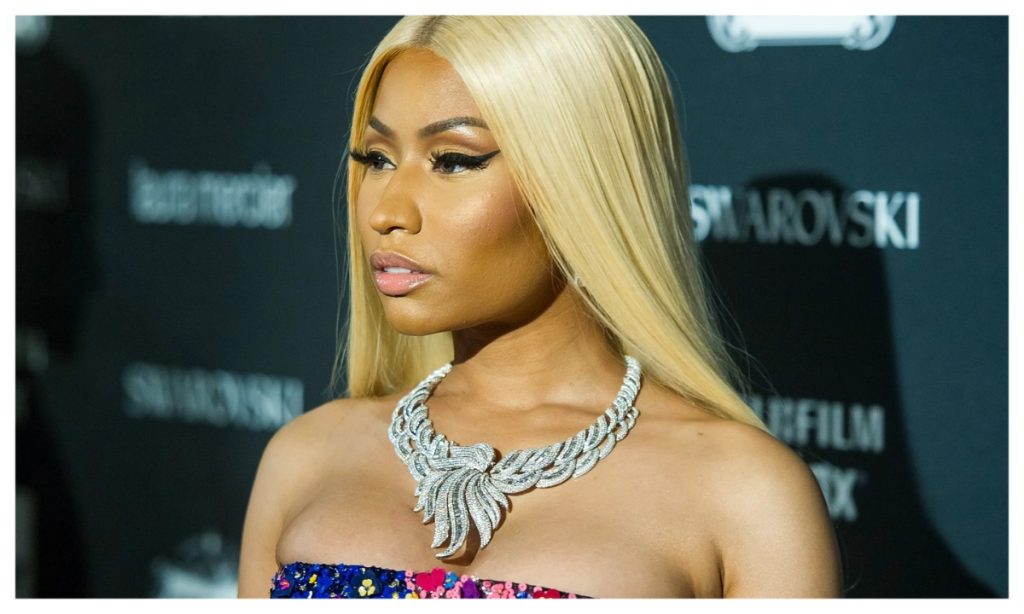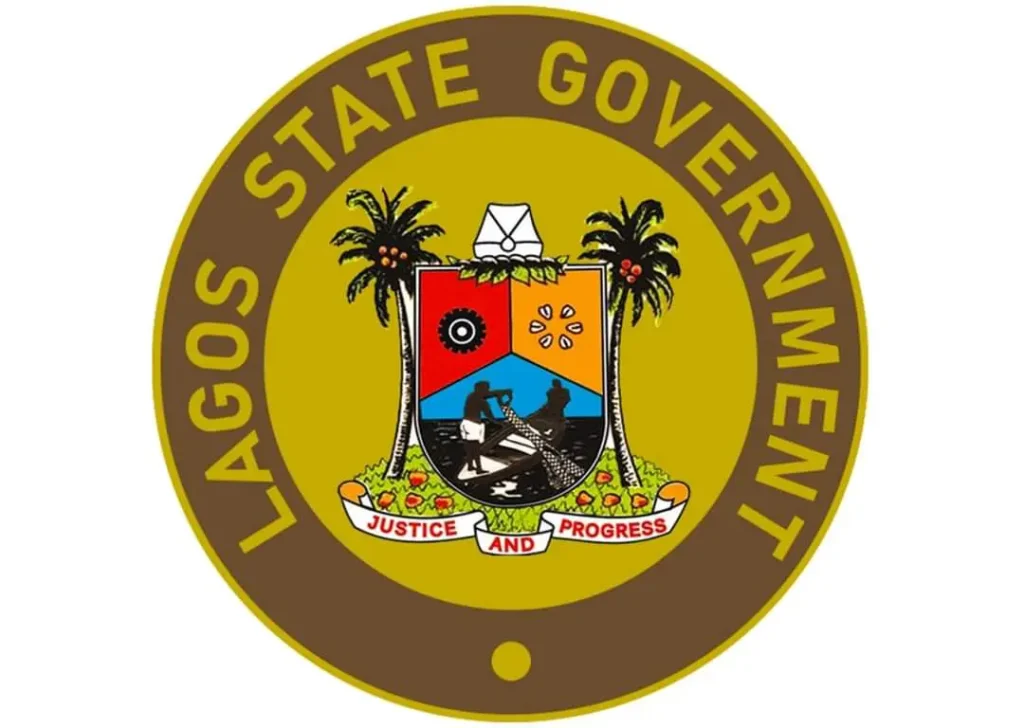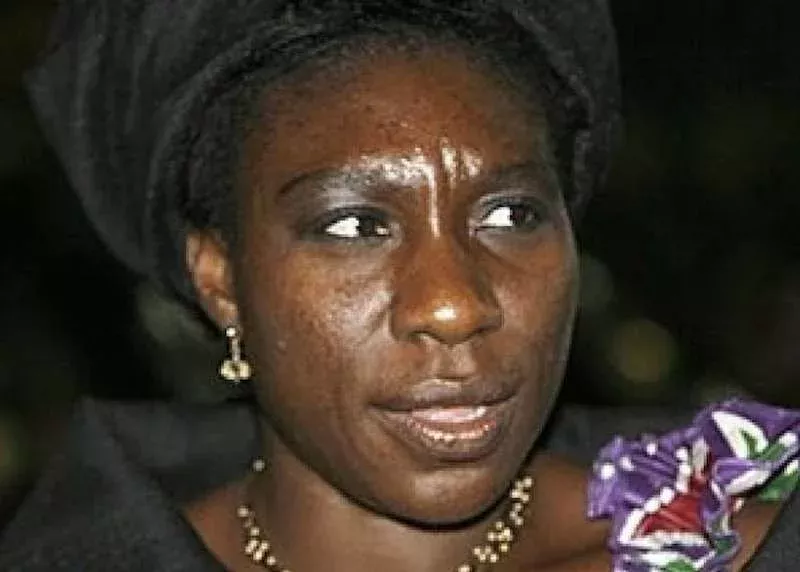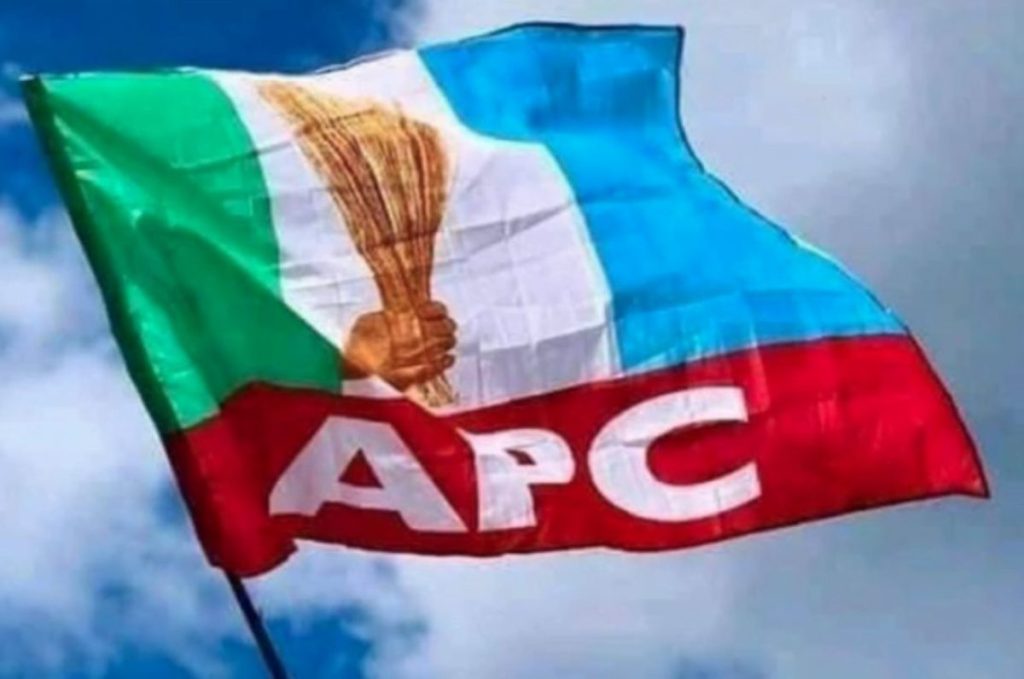Nationwide Protests Erupt in Nigeria Amid Economic Frustration
Thousands of Nigerians have taken to the streets across the country, defying appeals from the government to cancel their planned 10-day nationwide protests. The demonstrations, which began today, are expected to continue for the next week, with protesters demanding reforms in various sectors, including fuel prices, electricity tariffs, and education fees.
The protests, led by young people, are a response to the country’s economic conditions, which have left many feeling frustrated and disillusioned. The government, led by President Bola Tinubu, has recognized the right to peaceful protests but is wary of the potential for violence and has vowed to take proactive measures to maintain control.
The State Security Service (SSS) has alleged that the protests are intended to undermine the government and plunge the country into chaos, while the Nigerian Army has warned that the protests could lead to anarchy. However, activists have accused government officials of being ready to stifle dissent and have heightened fears of a violent crackdown.
In Abuja, the capital city, protesters gathered at the entrance of the MKO Abiola stadium, singing anti-government songs and refusing to move inside as directed by the police. The police chief cited a court order requiring the protest to be held inside the stadium, but the protesters disagreed, saying the road was a public road and they had the right to protest there.
Meanwhile, in Lagos, dozens of protesters gathered at the Ikeja underbridge, singing and dancing, and are expected to march to other parts of the city. The government had earlier blocked popular protest centers, including the Eagle Square and Unity Fountain, with security operatives and military vehicles.
The protests have brought the city to a standstill, with many offices shut and streets empty. Residents appear uncertain about how the protests will proceed and have chosen to stay at home. The entrances to the city center, including Berger and AYA, are heavily militarized with armed police officers and soldiers.
As the protests continue, the Nigerian government’s stance on the demonstrations has raised serious concerns, with many fearing a repeat of the October 2020 #EndSARS protest, which started peacefully but turned violent.



